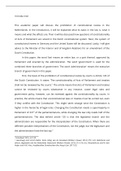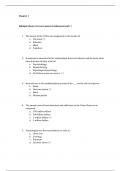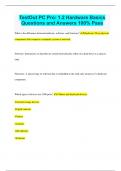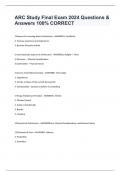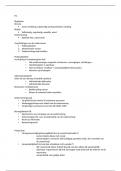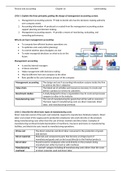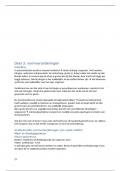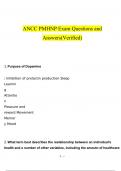Essay
Constitutional Law Essay about Dutch constitutional review
- Instelling
- Tilburg University (UVT)
The document is an essay, which I wrote last year about Dutch Constitutional Review for the final essay assignment for Constitutional Law. The essay is an example of writing an excellent essay and it was graded with a 9,2.
[Meer zien]
